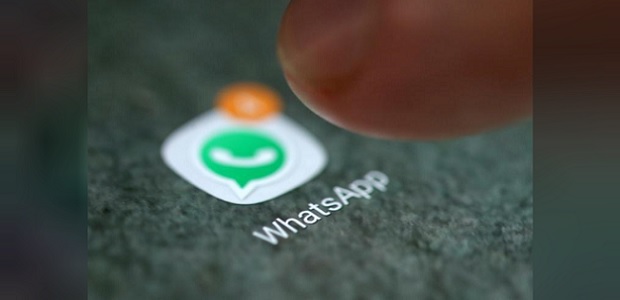
Starting today, Mastercard cardholders in Brazil can send and receive money to and from friends and family through WhatsApp. Mastercard debit cardholders with cards issued by Banco Inter, Itaú, Nubank and Sicredi will be able to use the innovative P2P WhatsApp service. The payments service on WhatsApp is enabled by Facebook Pay and processed by Facebook Pagamentos and Cielo.
The announcement comes after the Brazil Central Bank officially granted a Payment Initiator license to Facebook Pagamentos do Brasil Ltda and approved Mastercard’s new transfer scheme. Additional banking partners are expected to join the program soon.
The service leverages Mastercard Send™ to enable real-time* payments for millions of WhatsApp users in Brazil who can now transfer money to friends and family „in a fast, simple and secure manner”, Mastercard says.
Every payment made on WhatsApp is protected by multiple layers of security. Mastercard tokenization solutions leverage the bank authentication to ensure the WhatsApp user is the card owner.
„Tokenization protects the cardholder’s information by replacing the original 16-digit card number with a unique alternative number, or ‘token’, which is associated with the individual debit card number for each WhatsApp user and will not work elsewhere. Consumers create the token, then enter their Facebook Pay security PIN or device biometrics whenever they want to make a transaction,” the company explains.
In a survey on real time payment methods conducted by Mastercard, about 75% of Brazilians would like to be able to make payments in real time, regardless of the financial service provider, while 53% would like to make this type of payment using messaging or social media apps.
“This partnership with Facebook illustrates our ability to offer new and innovative ways to send and receive money in Brazil, with the needs of our customers at the core of our business strategy. By 2030, 55% of Brazilians expect all financial transactions to be made in real time (with funds available immediately). To make this possible, we will continue to work on developing interoperable solutions and standards focused on efficiency and user experience”, said João Pedro Paro Neto, Mastercard President for Brazil and the Southern Cone.
“We are excited about the availability of this service. Facilitating the sending and receiving of money safely could not be more important at this time, as it not only decreases people’s exposure to the pandemic, but also helps loved ones stay connected, broadens access to financial services and enables more people to participate in the digital economy,” said Matt Idema, WhatsApp’s Chief Operating Officer.
By enabling payments between people on WhatsApp, Brazilians will now be able to send and receive amounts conveniently and securely by registering their debit card in the country’s most loved messaging app, minimizing the risks and inefficiencies associated with other payment methods, including cash.
____________
Learn how to use the new service here: www.whatsapp.com/payments/br
*Actual posting times for approved transactions will depend on the receiving financial institution.
Banking 4.0 – „how was the experience for you”
„To be honest I think that Sinaia, your conference, is much better then Davos.”
Many more interesting quotes in the video below: